2018 Raw Mengku Pu Erh Tea Balls
2018 Raw Mengku Pu Erh Tea Balls
Couldn't load pickup availability
Delicious raw pu erh tea balls made from tea leaves from wild tea trees in Mengku. These convenient single serve tea balls offer a refreshing aroma of citrus, berries, and mint.
Origin
Origin
- Type: Raw pu erh tea
- Origin: Mengku, Yunnan
- Year: 2018
- Season: Spring
- Shape: Tea balls
How to Steep
How to Steep
Steeping temperature: 100ºC
Western Method: Steep 1 Mengku tea ball with 500ml of water for 2 minutes. After the first steep apply the following steeping times for the next steeps: 1.5, 2, 4 minutes
Traditional method: Steep 1 Mengku white tea ball with 100ml of water and steep for 40 seconds. After the first steep apply the following steeping times for the next steeps: 25, 15, 20, 25, 30, 30 seconds.
Shipping, Returns & Payment Methods
Shipping, Returns & Payment Methods
Delivery time: 1-10 day EU delivery. For estimates per country, please visit the shipping info page at the bottom of our website.
Import taxes?: because we ship from our EU warehouse, you will NOT be charged import taxes upon delivery if you're based in the EU. All taxes are already included in our prices.
Free shipping: available for orders over €59 for The Netherlands/Belgium, €80 for other EU countries (excluding Portugal & Hungary) & UK, and over €100 for other countries.
Returns: orders can be returned for a refund within 30 days. Products should returned in unopened, unused condition.
Share







How this raw pu erh tea is made
-
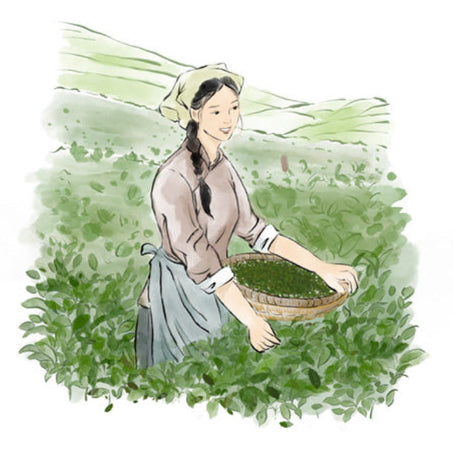
Picking
Tea leaves are hand-picked in the morning.
-
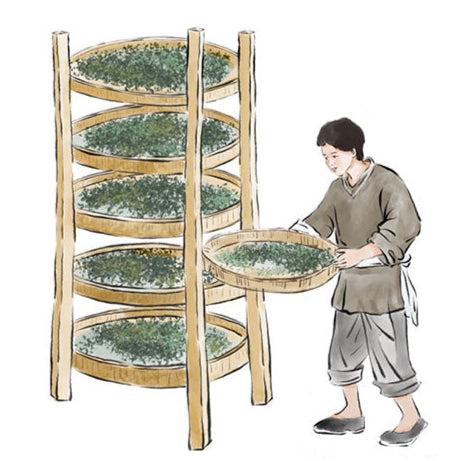
Withering
The leaves are spread on bamboo trays to wither.
-
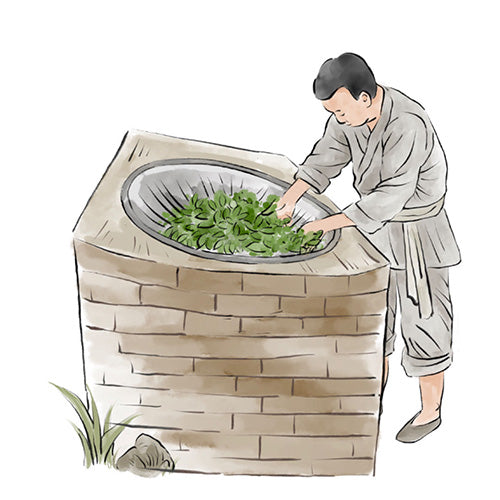
Fixation
The withered leaves are heated to halt oxidation.
-
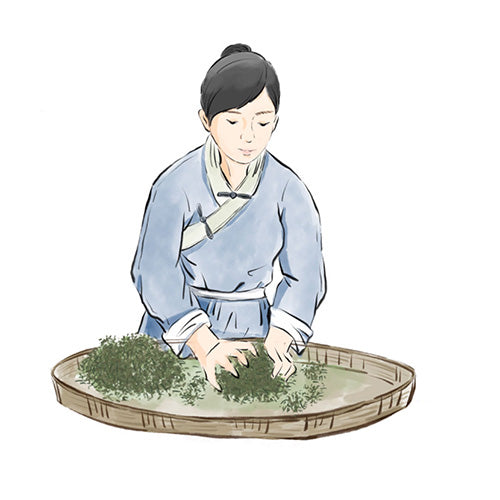
Rolling
The tea leaves are rolled to release their aroma.
-
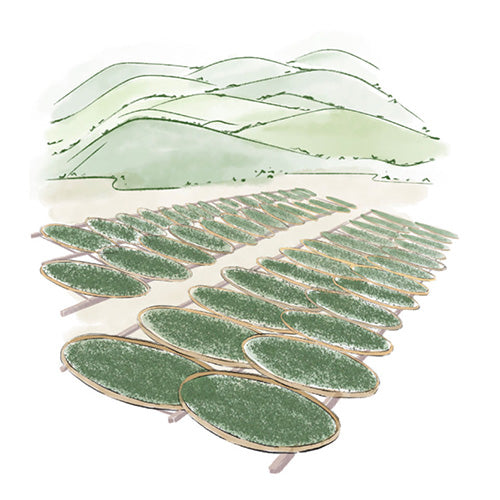
Sun Drying
Rolled leaves are spread on bamboo mats to sun-dry.
-
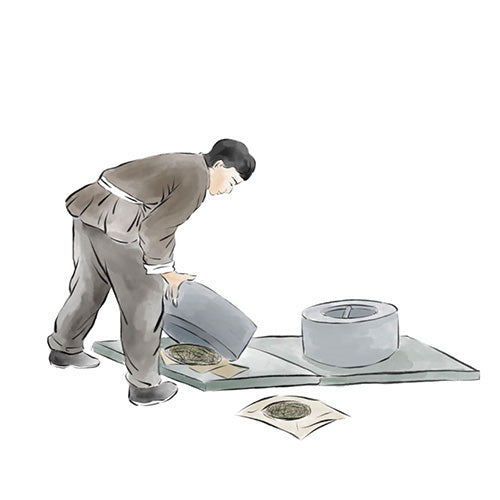
Pressing
The processed tea leaves are steamed & compressed.
-
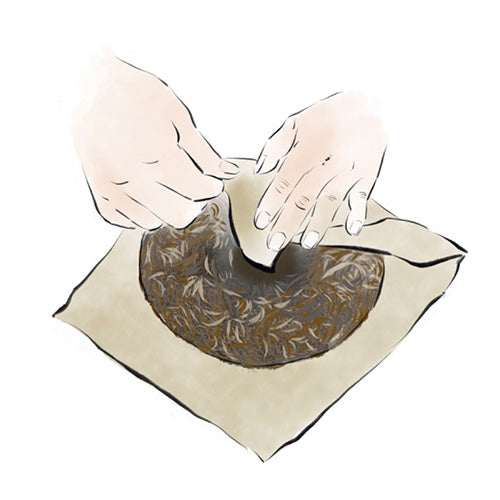
Packaging
The compressed tea is wrapped in paper & packed in boxes.
-
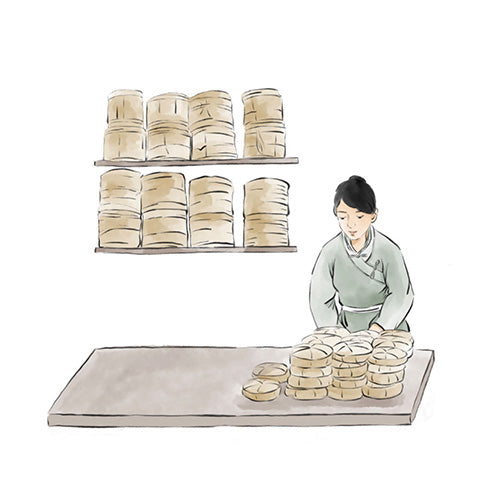
Aging
The raw pu erh tea is stored for further aging.
High initial astringency, licorice root flavor, leather, white wood, somewhat mineral and herbal, somewhat fruity flavor and menthol notes.














